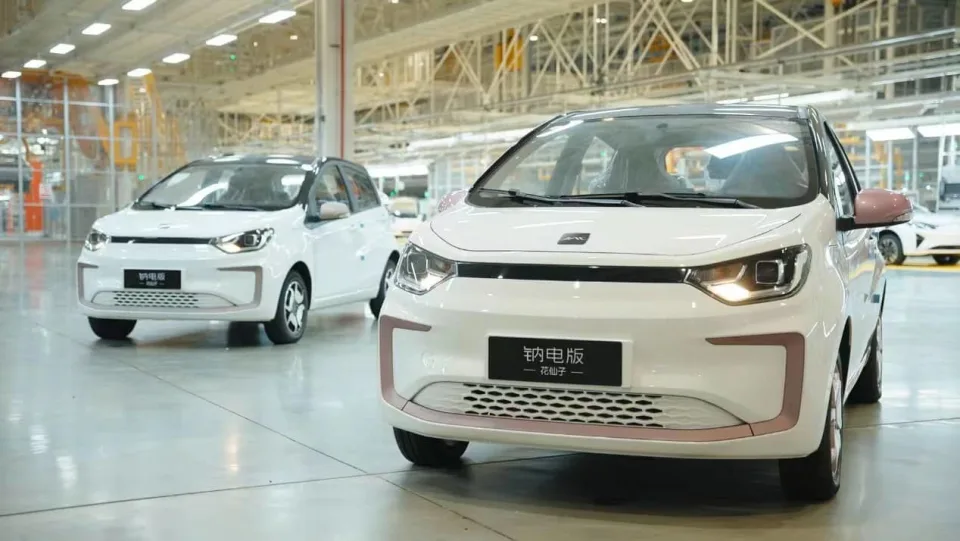JAC Motors, a Chinese automaker backed by Volkswagen, is poised to introduce the first mass-produced electric vehicle (EV) featuring a sodium-ion battery under its new Yiwei brand. Despite sodium-ion battery technology having lower density and being less mature compared to lithium-ion, its advantages in terms of lower costs, abundant supplies, and superior performance in cold weather could contribute to expediting widespread EV adoption. According to CarNewsChina, deliveries of the JAC Yiwei EV hatchback are scheduled to commence in January.
Yiwei is a newly established brand by JAC in 2023. Volkswagen holds a 75 percent stake in JAC, exercising management control, and owns 50 percent of JAC’s parent company, Anhui Jianghuai Automobile Group Holdings (JAG). It’s noteworthy that the Chinese government possesses the remaining half of JAG, resulting in an unusual partnership within the automotive industry.

The Yiwei EV seems to be a rebranded version of the Sehol E10X hatchback, which was announced earlier this year. As reported by CarNewsChina, the Sehol model boasts a range of 252 km (157 miles) with a 25 kWh capacity, 120 Wh/kg energy density, 3C to 4C charging, and features the HiNa NaCR32140 cell. Following the announcement of the Yiwei brand by JAC in May, the plan was to eliminate the Sehol label and rebrand all vehicles under either JAC or Yiwei. This recent unveiling of the Yiwei EV suggests a fulfillment of that plan, though it remains unconfirmed whether the model will retain the E10X moniker.
In April, JAC had presented another EV called the Yiwei 3 at the Shanghai Auto Show. This model, launched in June, featured an LFP lithium battery, with the promise that a sodium-ion variant would be introduced at a later date.

The recently introduced Yiwei EV is said to be equipped with cylindrical sodium-ion cells sourced from HiNA Battery. JAC employs a modular UE (Unitized Encapsulation) honeycomb structure for assembling the batteries, a design akin to CATL’s CTP (cell-to-pack) and BYD’s Blade. This layout is known for offering enhanced stability and performance in battery systems, contributing to the overall efficiency and reliability of the electric vehicle.




